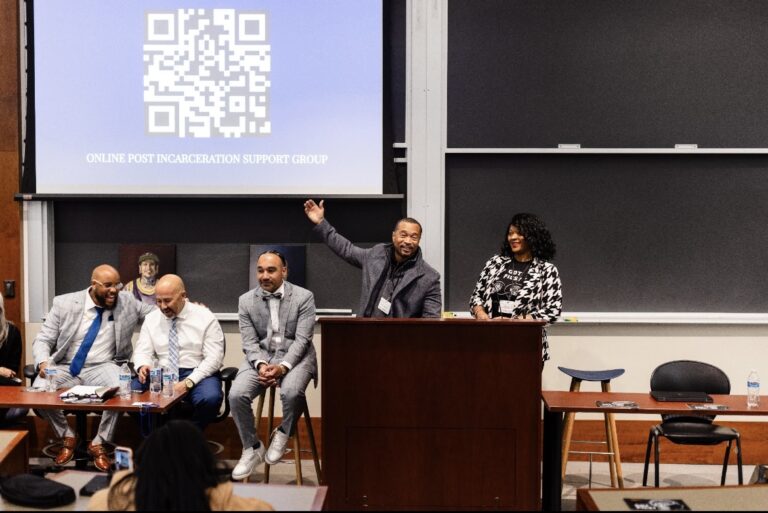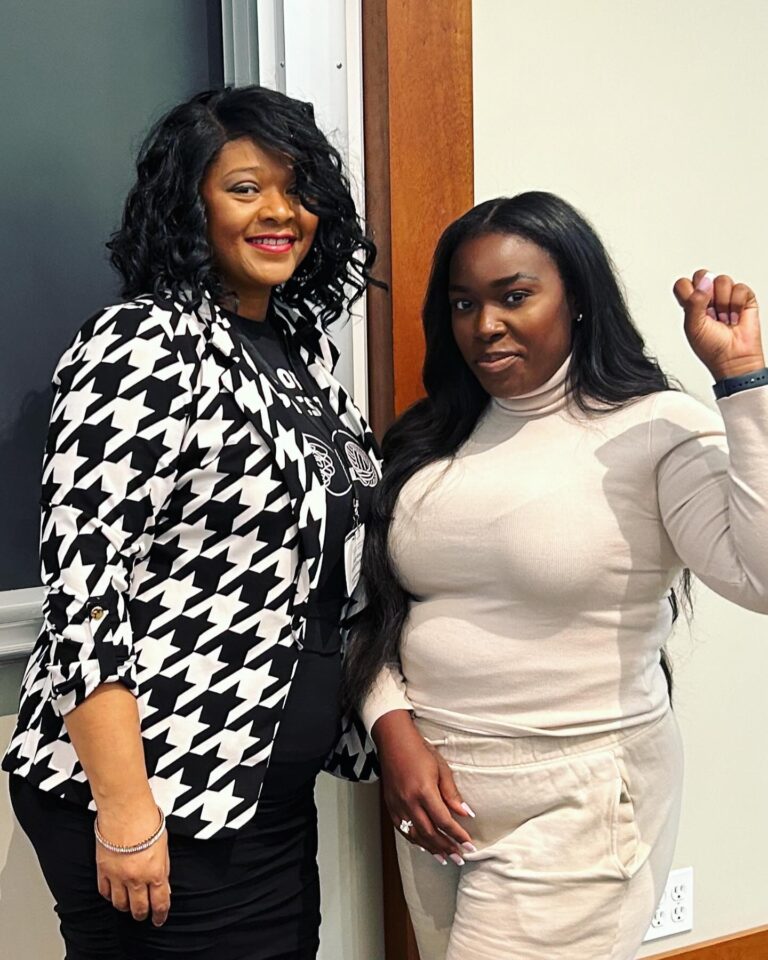The Soar 4031 foundation
Healing and Reclaiming Lives
We provide a safe haven where individuals can embark on their own journey towards healing, guided by compassion and understanding, empowered through access to resources and opportunities for growth.

Who
We Are
Established in 2020 as the Ohio Prisoners Justice League, our organization embarked on a journey of advocacy.
Amidst the challenges of the Covid-19 era, we committed ourselves to championing the rights of those incarcerated across all 28 prisons in Ohio. Witnessing inadequate healthcare and instances of excessive force and inhumane treatment, we recognized the pressing need for action. Families sought answers, and we emerged as a beacon of solutions.
Our tireless advocacy efforts bore fruit in 2023 with a victorious campaign mandating body cameras for all corrections officers in Ohio’s prisons. Yet, our quest for justice did not cease there. In 2022, we initiated a groundbreaking research study in collaboration with the University of Cincinnati School of Medicine, delving into Post-Incarceration Syndrome. Acknowledging the significance of inclusive language, we rebranded ourselves as Opportunities People’s Justice Leaders, embracing a philosophy that views every individual as a person, nurturing leaders, and fostering opportunities.
Established in 2020 as the Ohio Prisoners Justice League, our organization embarked on a journey of advocacy.
Amidst the challenges of the Covid-19 era, we committed ourselves to championing the rights of those incarcerated across all 28 prisons in Ohio. Witnessing inadequate healthcare and instances of excessive force and inhumane treatment, we recognized the pressing need for action. Families sought answers, and we emerged as a beacon of solutions.
Support Our Mission Through Generous Donations
Your donations enable us to continue providing essential resources, support services, and advocacy efforts that empower individuals to heal, thrive, and reintegrate into society. With your help, we can make a tangible difference in the lives of countless individuals seeking a second chance and a brighter future.
Our
Projects
What
People Are Saying
First time since coming home I was able to be alone with my son. It was a great event that allowed me to reconnect in a major way
We have been involved with this program since the very beginning. Over the last three years we have seen so much growth, compassion, results and help come from here. Chazidy is an amazing person who makes it all happen! So glad to have met her.
Thank you for the video visit with my daughter Kaula Brooks she was so happy to meet. Chazidy Bowman you are the real MVP. Hope you like your gift too lol.
I have been with OPJL for about four years now... I learned so many things about how to advocate for my son and others I know who are currently incarcerated. Without the help, I would be so lost. My son was just a kid entering the system I had never dealt with anyone being housed in corrections. But being able to speak to everyone and having the support I have conquered four years with a possible 9 to go... I just am very thankful for seeing this group I believe on the news at the time. I looked them up and have been here helping fight the fight. I encourage anyone, mother, father, sister, wife, or husband, whatever your title, to join and learn to advocate for your loved one. Sometimes faith seems lost but with them, you will definitely find it again. I appreciate Chazidy the most, for she has walked me down this time.
This organization has given me so much hope, taught me about how to be a voice for incarcerated people, helped me realize the power I have to help make a positive change in my loved ones life, my community and my world. The vision of this organization is ambitious and the leadership has clear direction and is determined to build people up.




